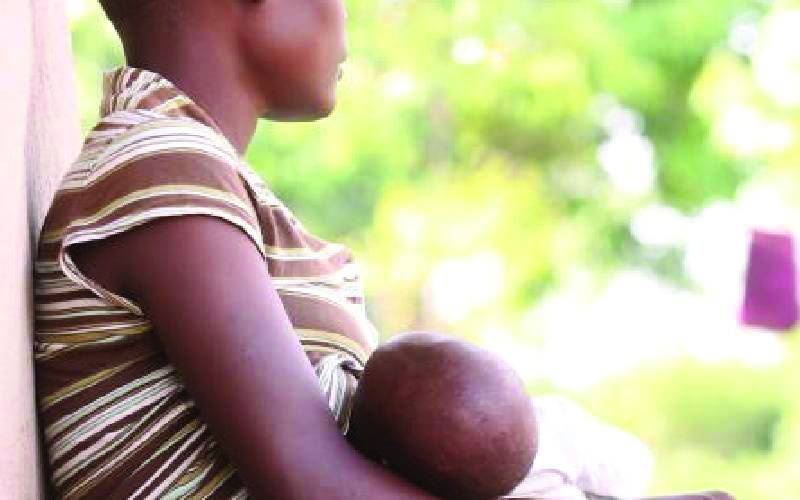Teenage pregnancy is indeed a significant concern and can have various consequences for both the teenagers involved and society as a whole. While teething is typically associated with the eruption of a baby's first teeth, the term "teething menace" may not be a commonly used phrase in the context of teenage pregnancy. Nevertheless, I understand that you are referring to the growing issue of teenage pregnancy and its potential negative impact on young individuals and society.
Teenage pregnancy refers to pregnancies that occur in individuals under the age of 20. Here are some key points to consider when discussing this issue:
Health Risks: Teenage mothers face increased health risks compared to adult women. They are more likely to experience complications during pregnancy, such as premature birth, low birth weight, and anemia. Teen mothers also have a higher risk of developing mental health issues like postpartum depression.
Education and Opportunities: Teenage pregnancy often interrupts education, limiting future opportunities for both the mother and the child. Young mothers may struggle to complete their education, hindering their chances of finding stable employment and achieving financial independence.
Poverty: Teenage mothers are at a higher risk of living in poverty due to limited educational and employment opportunities. This can create a cycle of poverty and dependency on government assistance, which can have long-lasting effects on both the mother and the child.
Social Stigma: Teenage pregnancy can lead to social stigma and judgment, which can have detrimental effects on the mental and emotional well-being of young mothers. It can also contribute to social exclusion and isolation, affecting their overall quality of life.
Addressing the issue of teenage pregnancy requires a comprehensive approach involving education, access to contraception, support systems, and open communication. Some strategies to mitigate this challenge include:
Comprehensive Sex Education: Implementing age-appropriate and comprehensive sex education in schools can provide young individuals with the knowledge and skills to make informed decisions about their sexual health.
Access to Contraception: Ensuring easy access to affordable contraception methods, including condoms and birth control, can help reduce unintended pregnancies among teenagers.
Parental Involvement and Support: Encouraging open and non-judgmental communication between parents and their children about sex and relationships can create a supportive environment and foster responsible decision-making.
Youth-Friendly Healthcare Services: Providing accessible and youth-friendly healthcare services, including reproductive health services and counseling, can support teenagers in making informed choices and accessing necessary support.
Community Support and Awareness: Raising awareness about the consequences of teenage pregnancy and providing support systems within the community can help reduce the stigma associated with it and offer assistance to young parents.
By implementing these strategies, society can work towards reducing the incidence of teenage pregnancy and supporting young individuals in making responsible choices for their future.




No comments yet
Be the first to share your thoughts!